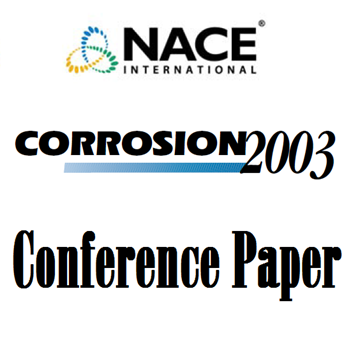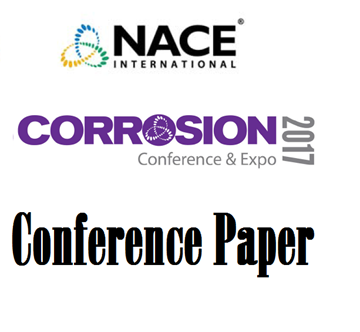Search
Applicability Study of Inhibitors to Corrosion Under Insulation
Also Purchased
03029 STRATEGIES TO PREVENT CORROSION UNDER INSULATION IN PETROCHEMICAL INDUSTRY PIPING
Product Number:
51300-03029-SG
ISBN:
03029 2003 CP
Publication Date:
2003
$20.00
51313-02570-Corrosion Under Insulation Detection Technique
Product Number:
51313-02570-SG
ISBN:
02570 2013 CP
Publication Date:
2013
$20.00
Performance of Three Types of Coatings in a Simulated Corrosion Under Insulation Condition
Product Number:
51317--9296-SG
ISBN:
9296 2017 CP
Publication Date:
2017
$20.00
Recently viewed




